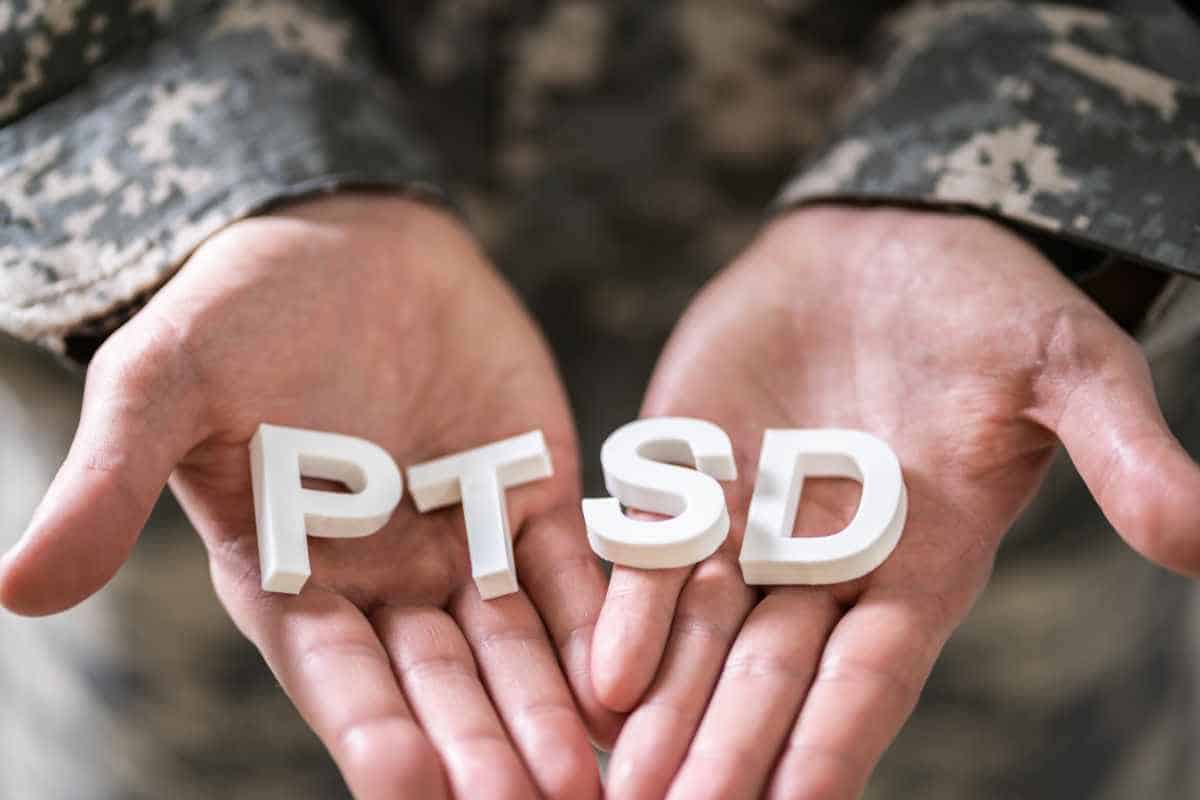Grief is universal; at some point in everybody’s life, they will encounter grief at least once. Grief is personal, and everybody experiences it differently. Although the five stages of grief are outlined, it does not mean every person goes through every stage or goes through them in order. However, many people commonly experience the stage of depression. This stage can be overwhelming and feel as if it is consuming you. Luckily, there are ways to cope with depression after the loss of a loved one to continue moving through grief. You can get to the other side.
What Are the Five Stages of Grief?
The Kübler-Ross model outlines the five stages of grief as:
- Denial
- Anger
- Bargaining
- Depression
- Acceptance
Not everyone will experience all five stages and may not go through them in order. Grief is different for every person; you may remain in one of the five stages for months but skip others entirely.
A Closer Look at Stage Four: Depression
When a person in your life passes away, the strange fact that you will never see them again can be frightening, and knowing this can be one of the only comforts you feel when battling depression that may come on due to loss. Depression is almost inevitable and healthy in the case of death; it is important to mourn the passing of a person you once shared important memories with. With the loss of a loved one, their absence is commonly not taken easily due to the gravity of this loss.
Dealing with the depression stage of grief can be challenging. In the early stages of loss, you may attempt to run from your emotions. However, by the time you reach the stage of depression, your feelings may be coming back full force. At this point, you have come to the certainty and reality of your loss.
During the depression stage, you may feel so sad you feel empty. The depression may feel as if it will last forever. However, it is essential to understand that this is not a sign of a mental health disorder; instead, it is a very natural response to circumstances beyond your control.
Signs you may be dealing with the depression stage of grief include:
- Trouble sleeping
- Poor appetite
- Fatigue
- Lack of energy
- Crying spells
- Feelings of loneliness
- Isolating yourself from others
Acknowledge and Accept Your Feelings
It is crucial to acknowledge and accept the feelings you are experiencing to start moving through the depression stage. Avoiding a negative emotion buys you short-term gain at the price of long-term pain. Over time, avoidance can become a prison; you may begin to feel the need to avoid situations, people, experiences, and places that may bring the negative emotion to mind, stir it, or remind you of it.
When you accept a negative emotion, it tends to lose its destructive power. Taking the time to explore that emotion and share with someone else what you feel will help you recover from the pain and alter the negative reaction. The more you take the time to process through your feelings, the more in tune you become and the more control you develop over what you feel and how you respond.
When you can acknowledge and accept your emotions surrounding loss, you are on your way to accepting the truth of your situation. This acceptance means that you don’t have to spend your energy pushing the emotion away. Instead, once the emotion is acknowledged, you can then begin to move towards the acceptance stage of grief.
Allow Yourself Time
The grieving process takes time. There is no set timeline on when you should be done grieving or when you should be through the depression stage. Allow yourself the time to go through your process. Remember, grief is a journey; when you permit yourself to feel the emotions behind losing a loved one, you truly begin that journey. Life will not be the same as it was before, but you will find your “new normal” and start to move forward.
Other people may not understand the depth of what you are feeling, and they don’t have to. You don’t need permission from other people to grieve. No matter how you express your grief, it’s never going to fit into any particular mold. Every single person grieves the loss of a loved one differently, and that’s as it should be. Your journey through grief will be different than everyone else’s, and that’s okay.
You Don’t Need to “Solve” Grief
Grief is not an issue to be solved or resolved. It’s a process you must tend to and live through in whatever form it may take for whatever length of time it may require. Here are a few things you can try to care for yourself when you’re feeling depressed. Trying to ignore your feelings won’t make the grief go away. Rather than avoid what you’re feeling, give yourself permission to grieve. It just might be the best gift you can give yourself during a time of loss.
Differentiating Between Acute Stress Disorder and Post-Traumatic Stress Disorder in the Context of Grief
Understanding the distinction between Acute Stress Disorder (ASD) and Post-Traumatic Stress Disorder (PTSD) is crucial, especially in the context of grief. While grief is a universal experience, the prolonged and intense emotional impact of traumatic events can sometimes lead to ASD or PTSD. ASD typically occurs within a month of the traumatic event and may share symptoms with depression, such as trouble sleeping, poor appetite, and feelings of loneliness. However, if these symptoms persist for more than a month and begin to interfere significantly with daily life, it may indicate the development of PTSD. Recognizing the signs and seeking appropriate support, including from an addiction treatment center like Sober Life, becomes essential for comprehensive care. Knowing the difference between normal grief responses and potential trauma-related disorders is vital in ensuring individuals receive the appropriate help and resources to navigate their unique healing journeys.
The experience of losing a loved one can be emotionally taxing. Although not everybody goes through all five stages of grief, many people experience the depression stage. During this stage, you may feel lost and empty. However, it is crucial to remember that this is a normal part of the process. It’s okay to feel the extent of your emotions. By allowing yourself to feel your emotions, you allow yourself to move through the process.
If you are struggling with depression while experiencing grief, Sober Life is here to help. Our mission is to provide trusted, quality recovery solutions easily accessible to everyone. Through our range of evidence-based treatment modalities and holistic services, you can be sure to find healing at Sober Life. Our program includes psychiatric evaluation and med-management, individual therapy, group therapy, and case management with options to include family and couples counseling. Call Sober Life today for more information at (619) 542-9542.













